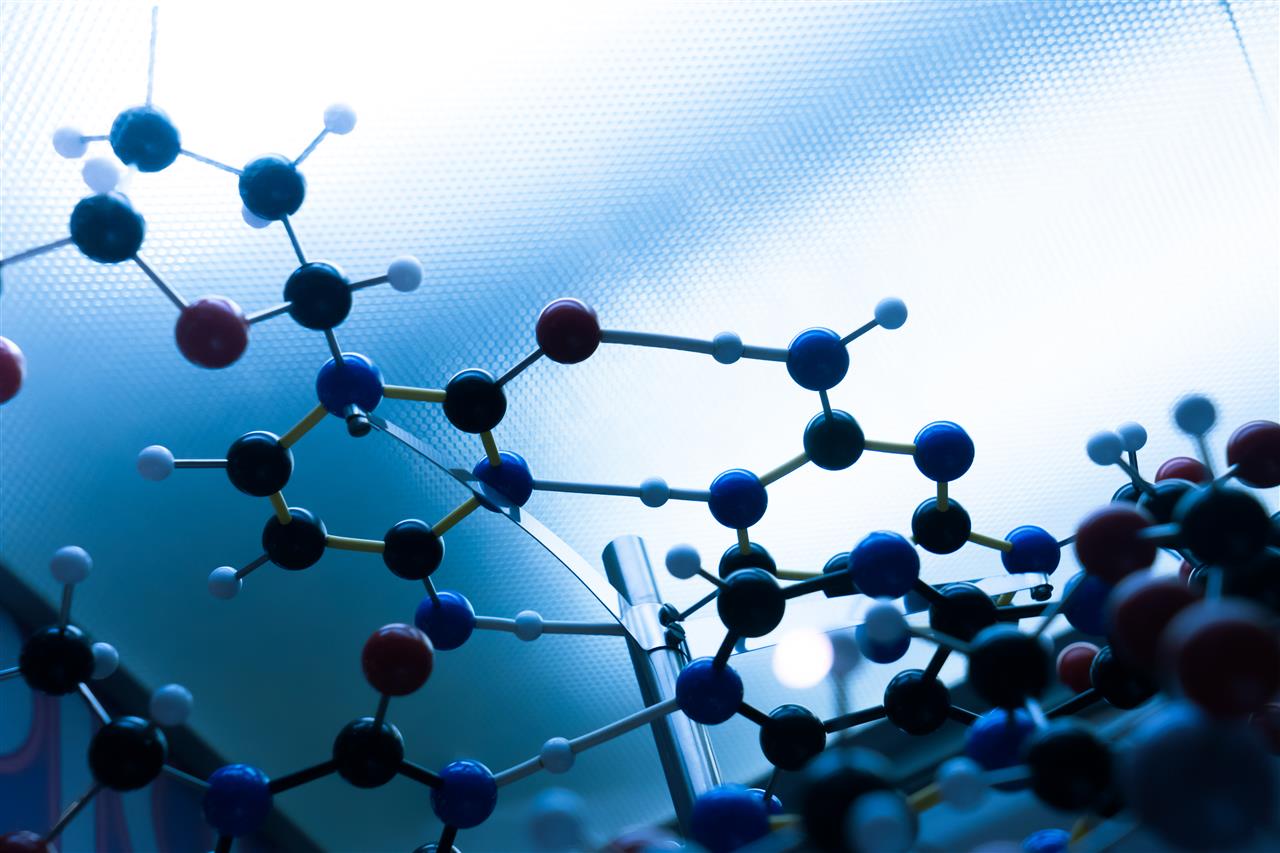What is Proteomics?
Proteins are among the most complex biomolecules in existence, comprising linear chains of just twenty different amino acids arranged into highly complex 3-dimensional structures. This structural diversity enables them to perform a staggering range of functions. Cellular messaging, enzymatic reactions, immunological responses, small molecule transportation: each of these processes are enabled and mediated by different proteins. Therefore, they are described as the functional units of all living organisms.
Proteomics is an advanced field of molecular biology focused on studying the entire set of proteins expressed by an organism, tissue, or cell at a particular moment.
Understanding the Proteome
A proteome is the entirety of proteins produced by a living system. It is analogous to the genome as the complete set of an organism’s genes. However, proteomes are subject to change in response to various internal and external factors, unlike genomes which are characterized by systemic stability.
Proteomics involves the set of proteins produced by an organism at a specific point in time. Slight changes to the proteome can have a dramatic impact on the state of a living system. Using proteomics to quantify thousands of proteins at a time allows us to identify aberrant pathways, to characterize the action of new compounds, or to uncover new biomarkers for clinical research.
Methods of Studying the Proteome
Two different technologies are widely used to identify proteins in proteomics research: immunoassays, and mass spectrometry. Though enzyme-linked immunosorbent assays (ELISAs) and western blotting are staples of protein research, mass spectrometry-based proteomics offers the distinct advantage of protein-level quantification of thousands of proteins simultaneously at high speed and precision.
Mass spectrometry not only allows us to quantify the differential expression of the whole proteome but also understand post-translational modifications of proteins, protein-protein interactions and even – most recently – structural changes to the proteome. This is a highly specialized area, however, and warrants covering in more depth in future articles. Check back on our blog page in the coming months for more detailed proteomics insights.
The Biognosys Approach to Proteomics
At Biognosys, we have developed next-generation methods for measuring proteins at this proteome-wide scale. We deploy enhanced mass spectrometry with parallel data acquisition of peptide signals for the deepest possible coverage of complete proteomes. Using proprietary software for protein identification and quantification tools based on advanced AI and machine learning, this complex spectrum is then deconvoluted into individual quantities with capacity for over hundreds of thousands of different peptides per sample.
We offer a broad portfolio of products geared towards improving the accessibility of proteomics for researchers. These include sample preparation kits, peptide kits, iRT kits, and software solutions. The Biognosis team is also prepared to offer a choice of advanced services to assist with operations across the full drug discovery and development pipeline. Key areas of therapeutic interest that our team members excel in include:
– Oncology
– Neuroscience
– Immunology
– Rare diseases
– Chronic diseases
If you would like to learn more about how Biognosys pioneers next-generation proteomics solutions, simply contact a member of the team today.


